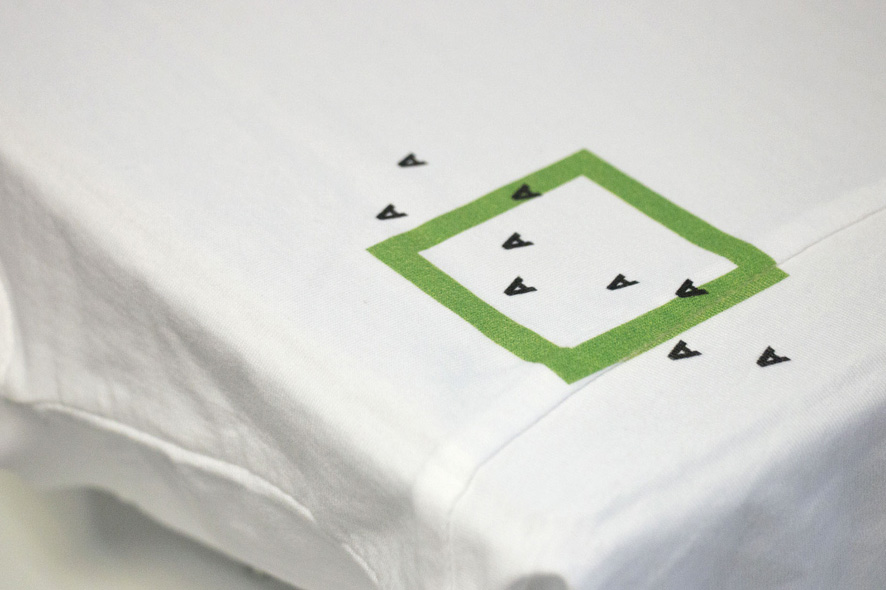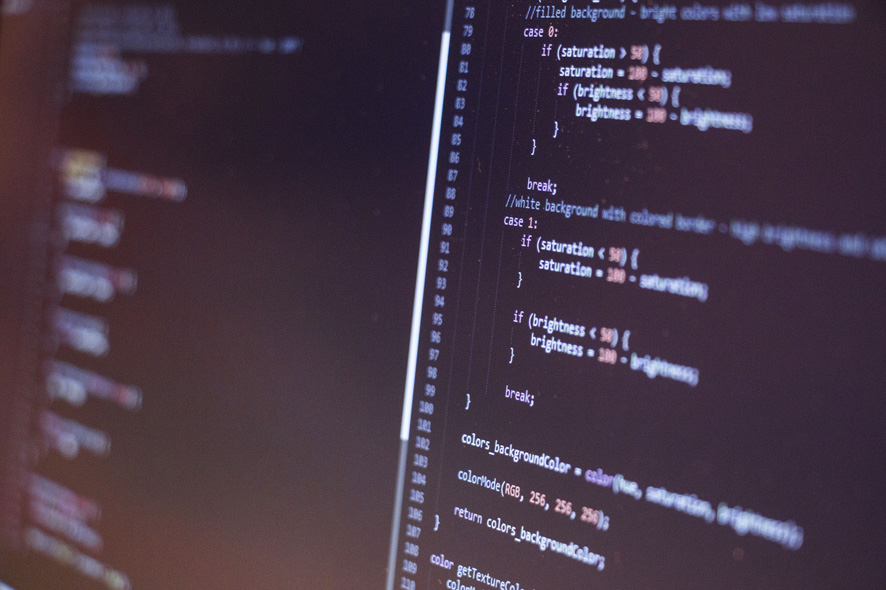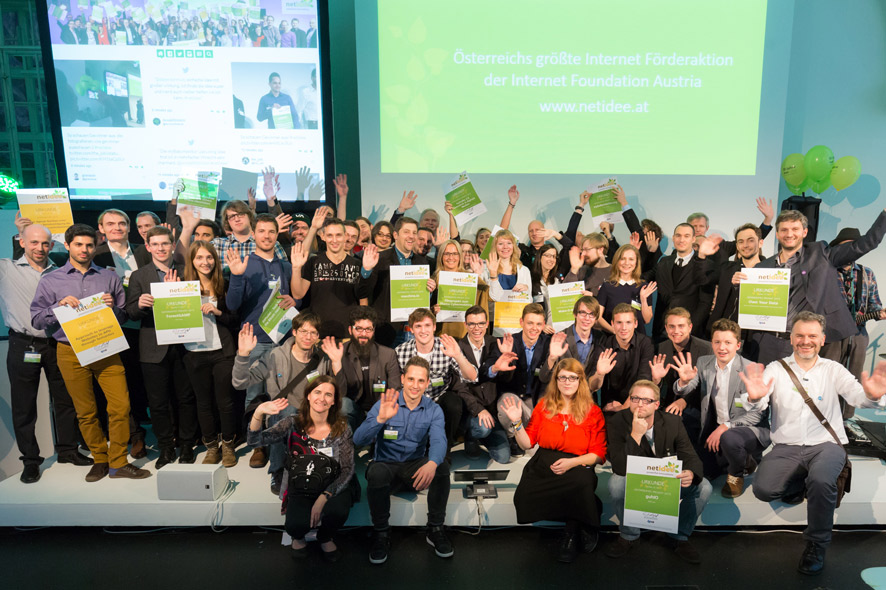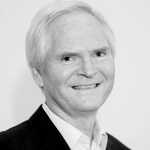This is the first time that the Prix Ars Electronica’s u19 – CREATE YOUR WORLD category is awarding a special netidee [NetIdea] prize to honor work that takes an innovative approach to the internet of the future or utilizes the internet to foster regional development. The 2016 netidee prizewinner is kameleon.ws created by three schoolboys, Ulrich Formann, Kilian Hanappi and Simon Wesp, as their graduation project in the Multimedia program at Vienna’s High School of Graphic Arts. This “chameleon” is a completely autonomously functioning webshop retailing T-shirts emblazoned with individualized motifs based on current events and generated by an adaptive computer program. The kameleon.ws website is still in the Beta stage; the online launch is set for June 13, 2016. We recently had a chance to chat with Ernst Langmantel of the netidee board of directors about the prizewinning project and Austria’s largest campaign to support innovation online.

Credit: Formann, Hanappi, Wesp
So how do you like the kameleon.ws project?
Ernst Langmantel: I think it’s great! It demonstrates a possibility to get away from mass production and move in the direction of customized, on-demand manufacturing—in this particular case, of T-shirts. It utilizes a new, digital value-added chain. And, as I see it, it’s a manifestation of a much-discussed, larger phenomenon: Industry 4.0. This project also shares important aspects with the “big” initiatives on which netidee’s subsidy policy focuses: a very creative, innovative approach to problem-solving with the internet as an essential element; high potential for proliferation and further development in other areas of application; and, on the whole, high aspirations—after all, the crew members describe their project as nothing less than “a new approach to design, production and marketing of a product.”

Credit: Formann, Hanappi, Wesp
And netidee itself has already moved on to its next phase. Why is your foundation, Internet Privatstiftung Austria (IPA), so keen on awarding a million euros in funding?
Ernst Langmantel: Nurturing the internet in Austria is the core of our foundation’s mission. Accordingly, the netidee subsidy program supports Web-based innovation that can contribute to positive social development. That could be in the form of technological innovation or internet applications. Needless to say, we’re delighted that we as a private organization can make available a million euros in total funding this year.
A key aspect here is the open source approach. All results of netidee projects are available for use and further development by the general public. For individual projects, we offer subsidies of up to €50,000 to defray up to 100% of the project’s costs. In addition to project financing, netidee also provides scholarships for students working on interesting graduation projects, master’s theses and doctoral dissertations at educational institutions in Austria—€5,000 for graduation projects and master’s theses; €10,000 for doctoral dissertations. Incidentally, the deadline for applications in response to this year’s netidee Call11 is July 13, 2016. Detailed information is online at www.netidee.at. We’re looking forward to receiving lots of fascinating, creative entries!

The winners of netidee 2015. Credit: netidee
There are two netidee special prizes in 2016. One targets the Internet of Things. What can we expect from this ever-more-tightly interwoven web of linkages in the coming years?
Ernst Langmantel: A lot! But due to the long-term nature of its impact, this phenomenon is still currently being underestimated, a fate it shares with many other prior paradigm shifts. Often, the short-term effects of new technologies are overestimated and far too little significance is attributed to their long-term consequences. After all, among these “Things” are totally automated systems—i.e. robots—that have now developed quite astounding capabilities. And that’s just the beginning! There’s enormous positive potential inherent in the Internet of Things but it simultaneously confronts us with huge social challenges, first and foremost, jobs. So this just makes it that much more important to also take advantage of this positive potential to foster innovations that make a positive impact on society. For me personally, and especially in this connection, the matter of secure internet usage still has a long way to go to reach a satisfactory level. For example, nobody wants to install “smart home” features that also constitute tempting gateways for burglars and extortionists or even just fun-loving pranksters.
By awarding the second netidee special prize to “Internet for Refugees,” you’re focusing on a social issue of great current relevance. What sort of submissions come into consideration for this prize, and how can the internet assist refugees?
Ernst Langmantel: We want to make a contribution to integrating refugees as effectively and as quickly as possible. In this context, in addition to furnishing information of all sorts in a variety of languages to these people, helping them to learn German here in Austria is particularly important. Triggering a self-reinforcing process—a so-called snowball effect—is one of the basic criteria in selecting which projects will be recipients of a netidee subsidy. And for projects vying for special prize consideration, this is especially important. We need solutions that get refugees actively involved—those who have already achieved a certain degree of fluency in German helping those who haven’t yet improved their language skills, and doing so in their respective mother tongue.
There are already numerous initiatives, both domestic and multinational, dealing with refugee-related issues. What I look forward to receiving now are submissions from applicants who have done solid research in advance in this area and have invested their creative energies either in further developing solutions that have already been proven effective or in coming up with innovative new approaches. By the way: we’re delighted that an internationally renowned expert has agreed to join us as a juror and to personally bestow this special netidee prize on the recipient at a public event on November 17, 2016: Kilian Kleinschmidt, who’s currently serving as a consultant on refugee matters to the German federal government and was a guest speaker at the 2015 Ars Electronica Festival.

Ernst Langmantel received his degree in communications engineering from Vienna University of Technology in 1983 and then went to work as a software developer at Siemens in Vienna. In the field of communications technology, the leading edge at the time was Germany’s analog mobile phone network C, and engineers were rejoicing that the decision had been made to expand the system to accommodate a then-sensational 100,000 subscribers. Langmantel subsequently made the move to private communications systems where, as a project director with mobile phone network experience and a few patents to his credit, he played a key role in multicell wireless expansions for telephone systems on the basis of the DECT digital wireless standard. In 1998 at the outset of the deregulation of public telephone networks throughout the EU, Langmantel was appointed director of the technical department of Austria’s regulatory agency for telecommunications, and later also for broadcasting. In this capacity, he worked in an exciting interdisciplinary field at the nexus of technology, business and law, and was the man with chief responsibility for the Austrian telephone number system during this period. In search of new challenges in 2011, Langmantel became a self-employed consultant in the field of telecommunications technology with projects in the Near East. Since early 2013, he has also been chairman of the board of directors of Internet Privatstiftung Austria, where his responsibilities include development of the netidee subsidy program.
